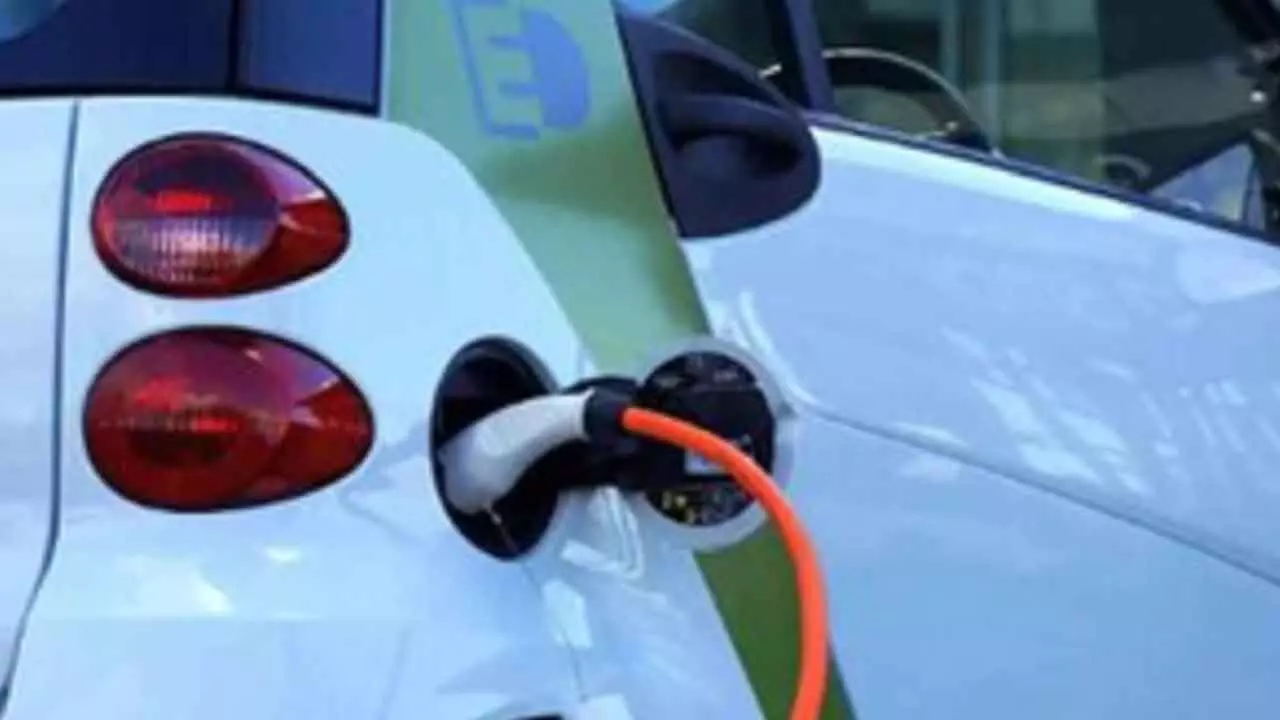Emerging EVs Dent Exhaust, ICE After-Treatment Market In APAC
Nations such as Japan, South Korea, India, and Indonesia are implementing policies to accelerate the adoption of EVs, which may negatively affect the market for the exhaust and ICE after-treatment sector
Emerging EVs Dent Exhaust, ICE After-Treatment Market In APAC

Driven by the electrification trend that is leading to a gradual decrease in the market of ICE engines, the instances of key players in the sectors announcing the intention to close down automotive exhaust system plants has been seen in recent years
New Delhi: Driven by the electrification trend that is leading to a gradual decrease in the market of internal combustion engine (ICE) engines, the exhaust and ICE after-treatment market in the Asia Pacific region is expected to record a negative compound annual growth rate of 2 per cent over 2024-29, a report said on Tuesday.
The exhaust and ICE after-treatment market is estimated at 143.5 million units in 2024 and is forecast to decrease to 129.7 million units by 2029 in the Asia-Pacific region, according to the report by GlobalData, a leading data and analytics company.
As environmental sustainability concerns continue to grow, electrification has become a key focus for governments worldwide, with the Asia-Pacific (APAC) region, including India, at the forefront of this transition.
Nations such as Japan, South Korea, India, and Indonesia are implementing policies to accelerate the adoption of EVs, which may negatively affect the market for the exhaust and ICE after-treatment sector, said the report.
“The increasing stringency of emission regulation laws is compelling key industry participants to direct their efforts towards research and development (R&D) in order to adhere to permitted emission standards,” said Madhuchhanda Palit, automotive analyst at GlobalData.
For example, the most recent emission regulation in India, Bharat Stage VI (BS-VI), which took effect in April 2020, stipulates a sulfur allowance of only 10 parts per million.
“This has significantly influenced the advancement of ICE after treatment components, such as gasoline particulate filters, which mitigate particulate matter emissions from direct injection engines in vehicles, and selective catalytic reduction systems,” Palit noted.

